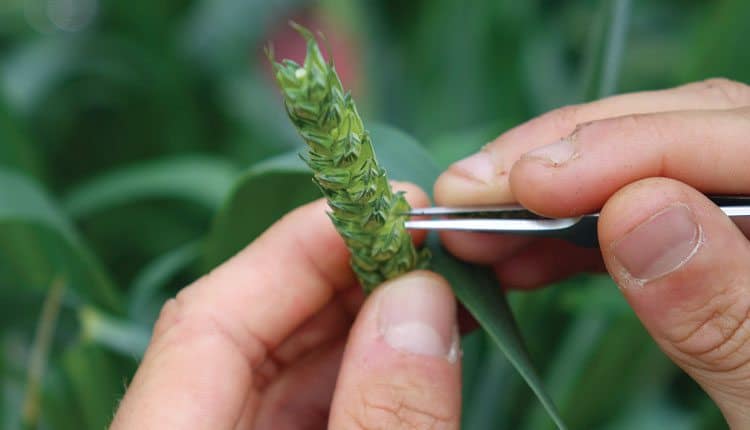Researchers from the University of Nottingham are part of a team awarded £2.2 million to trial a precision-bred wheat variety that could lead to more sustainable farming systems.
The team is involved in the PROBITY project—A Platform to Rate Organisms Bred for Improved Traits and Yield—led by the British On-Farm Innovation Network (BOFIN). This three-year project is funded by Defra’s Farming Innovation Programme, delivered by Innovate UK, according to a press release.
PROBITY unites farmers, scientists, and food manufacturers to test the production and processing of precision-bred crops, aiming to enhance understanding of their contributions to sustainable food and farming practices.
Dr. Stacia Stetkiewicz from the University of Nottingham will lead a team assessing the use and potential of precision-bred crops in the UK. They will engage with the farming community to identify barriers to adoption and facilitate future innovations. A combination of interviews, workshops, surveys, and online forum data will provide insights into current opinions, challenges, and opportunities, helping to define key policy and research priorities for precision-bred crops to enhance resilience against climate change.
Precision-bred crops can be developed through gene editing, a technology that allows scientists to make precise, targeted changes to plant DNA, akin to natural variations. This approach accelerates the breeding of more productive, nutritious, and sustainable crop varieties.
The project includes three cereal varieties: a wheat with enhanced baking, toasting, and processing qualities; a barley designed for high lipid, high-energy forage to reduce livestock methane emissions; and a wheat with larger grain size, promising a significant boost in productivity.












